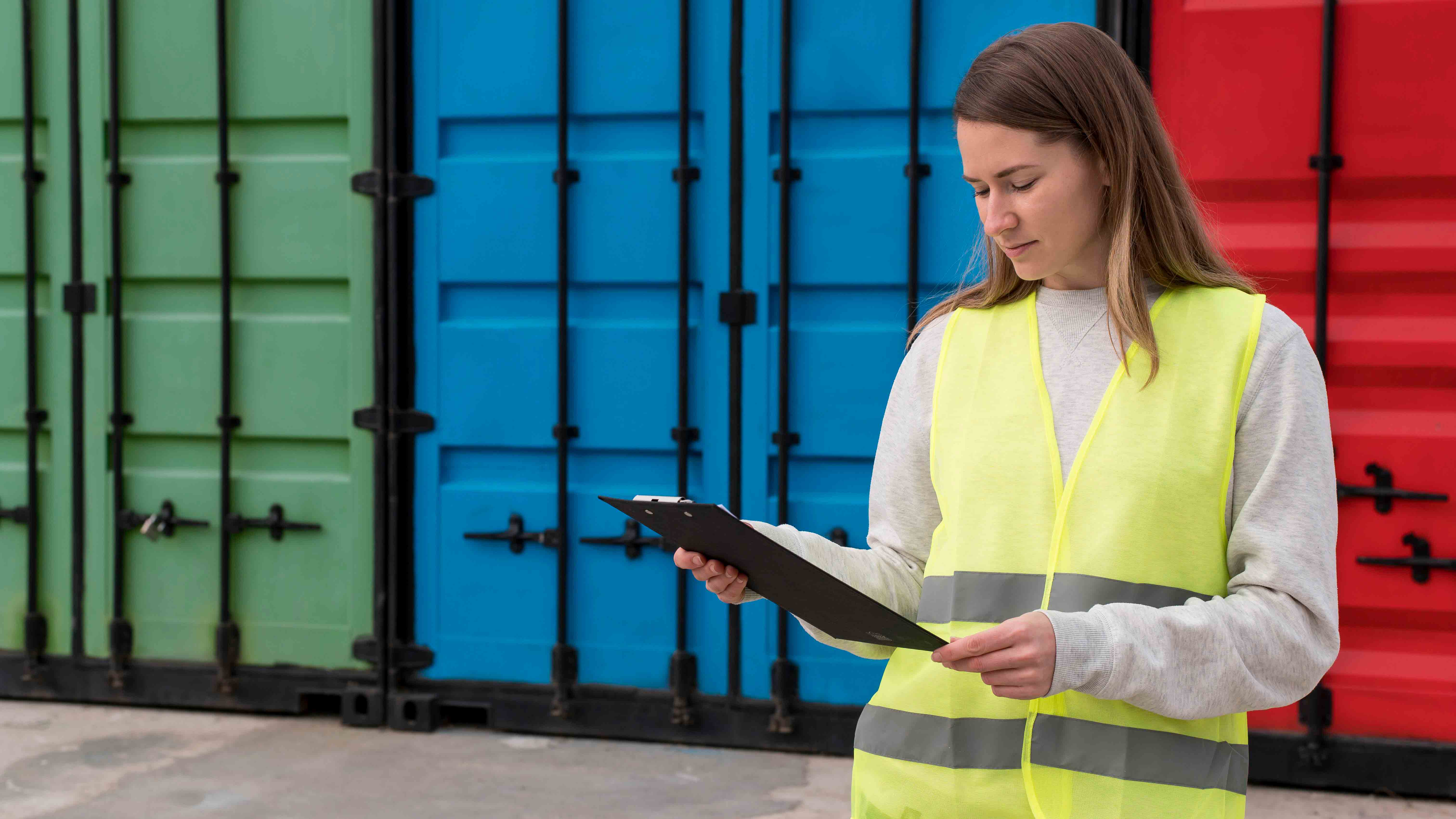
Customs clearance is the process of legally importing goods into a country. It involves the documentation and payment of duties and taxes on the imported goods, as well as the inspection and regulation of the goods by the relevant government agencies.
Customs clearance is an important part of international trade, as it allows businesses to bring their products into the local market and sell them to customers. In order to comply with customs regulations, companies must provide the necessary documentation and commercial invoices, among other required documents, before the shipment is allowed to enter the market.
Customs duties and taxes are fees that are levied on imported goods by the government. These fees vary depending on the type and value of the goods being imported, and they are used to protect the local market and revenue generation for the government.
In addition to the documentation and payment of duties and taxes, customs clearance also involves the inspection and regulation of the imported goods. This ensures that the goods meet the necessary standards and regulations, and protects the health and safety of the public.
Customs clearance can be a complex process, as it involves the coordination of multiple government agencies and the compliance with various regulations. It is important for businesses to understand the customs clearance process and to work with experienced professionals to ensure a smooth and efficient import process.
Overall, customs clearance is an essential part of international trade, as it allows businesses to bring their products into the local market and sell them to customers, while also protecting the local market and the health and safety of the public.